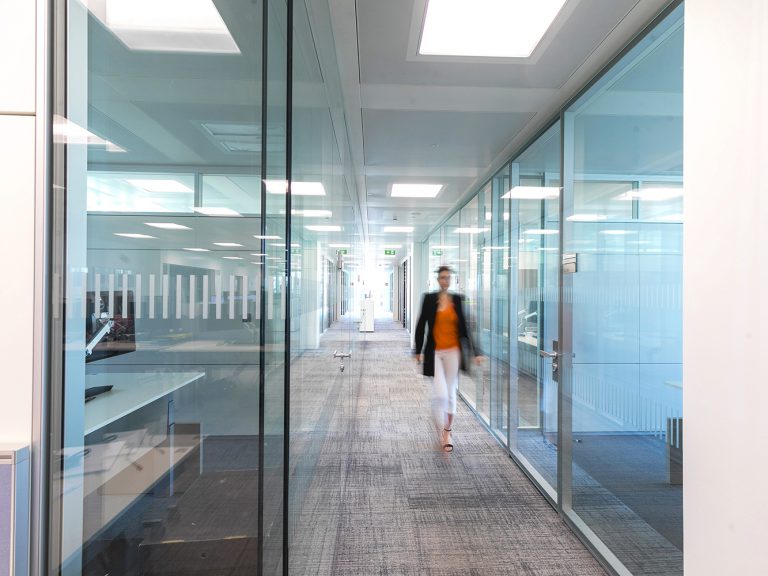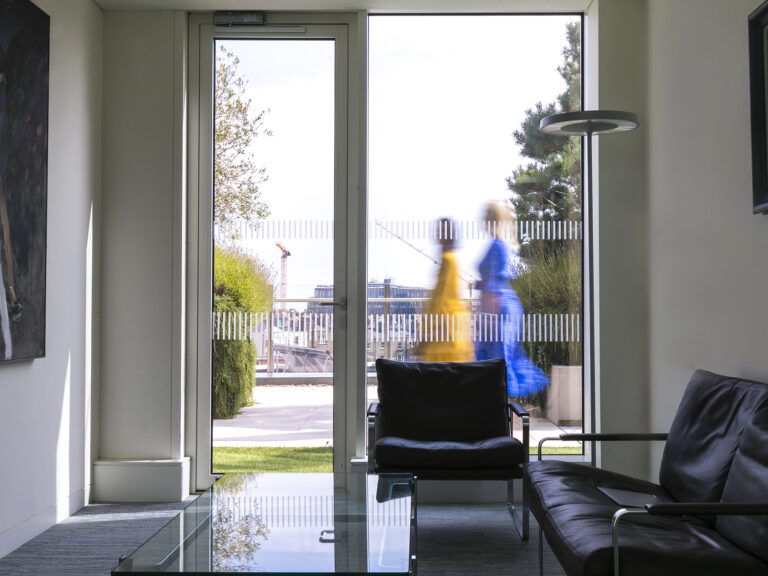
Restructuring and Insolvency
Our market-leading Restructuring and Insolvency Group has built an excellent reputation for client service in relation to all aspects of Irish restructuring and insolvency law and procedures, distressed M&A and related special situations and transactions.
Quick Links
Quick Links
We provide tailored legal advice to companies in financial difficulty and their directors. We also act extensively for international investment banks, private equity funds, retail banks, insolvency practitioners, national and international companies and individual creditors.
Our Restructuring and Insolvency Group comprises a team of restructuring and insolvency experts who draw on the unrivalled expertise from colleagues across our corporate, finance, tax, regulatory, employment, real estate and litigation groups to provide market-leading multi-dimensional advice to our clients on the increasingly challenging and technically complex areas of insolvency and restructuring.
Our Group advises on:
- General restructuring and reorganisations
- Debt, equity and financial restructuring
- Cross border corporate restructuring
- Enforcement of security and creditors’ rights
- Directors’ duties and Debtor advisory
- Distressed M&A and special situations
- Examinerships and Schemes of Arrangement
- Creditors options and enforcement
- Investment and distressed opportunities
- Informal restructuring
Relevant Experience
- Advising Mallinckrodt plc, the listed Irish parent of the Mallinckrodt Group, in relation to a comprehensive c.$3.6bn financial and capital restructuring transaction implemented through Chapter 11 in the US and parallel examinership proceedings in Ireland.
- Advising an ad hoc committee of the first lien lenders to Endo International plc, the listed Irish parent of the Endo Group, in relation to all Irish aspects of a c.$8bn restructuring transaction implemented through Chapter 11 proceedings and a parallel Irish law Scheme of Arrangement.
- Advising Avaya Inc and its Irish subsidiaries in relation to all Irish law aspects of a c.$5bn restructuring transaction implemented through a Chapter 11 plan or reorganisation.
- Advising Ares Management Corporation in relation to all Irish law aspects of the c$225m restructuring of certain affiliates within the Mainstream Renewables Group.
- Advising Nicholas O’Dwyer of Grant Thornton Ireland as examiner of Mainline Power Limited in relation to its ongoing restructuring through Irish examinership proceedings. Advising Shane McCarthy of KPMG Ireland as examiner of Health Beacon plc, a listed Irish med-tech company, in relation to its successful restructuring through Irish examinership proceedings.
- Advising EML Payments Limited, a company listed on the Australian stock exchange, relation to its petition seeking the Court liquidation of its subsidiary, PFS Card Services Ireland Limited, an e-money institution regulated by the Central Bank of Ireland.
- Advising an informal committee of senior bondholders of Weatherford International plc (the Irish registered parent of a US trading Group) in relation to the proposed debt for equity transaction, including the proposed Examinership of Weatherford plc to compliment separate Chapter 11 proceedings in respect of the Group’s US and Bahamian subsidiaries.
- Advising various creditors of Norwegian Air Shuttle and related companies on the Irish examinership.
- Advising Chartered Land and related parties in relation to the consensual restructuring of its senior facilities with a joint venture between Hammerson plc and Allianz.
- Advising the Irish Government in relation to the special liquidation of IBRC (formerly Anglo Irish Bank).
- Advising the largest holder of loan notes on the Irish Companies Acts Scheme of Arrangement of Ballantyne Reinsurance Company Limited restructuring €1.65bn in debt.
- Advising on Irish aspects of the restructuring of Asia Pulp and Paper Group through a Scheme of Arrangement under the Irish Companies Acts.
- Advising eircom on its restructuring through Examinership.

















